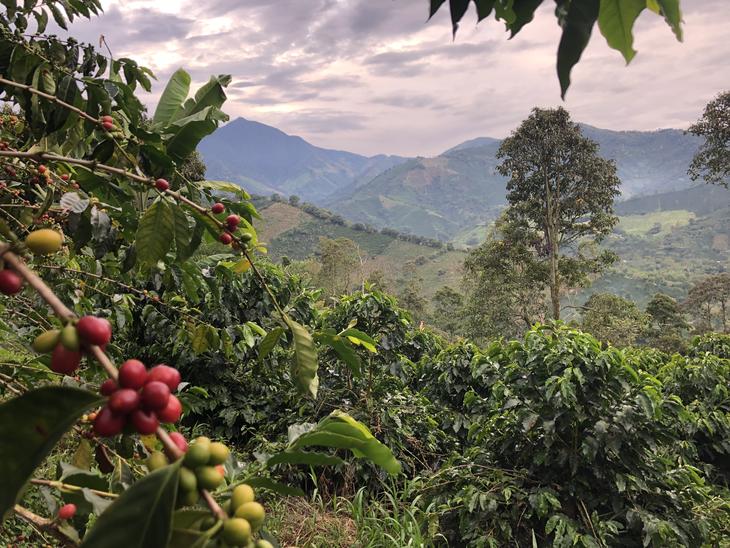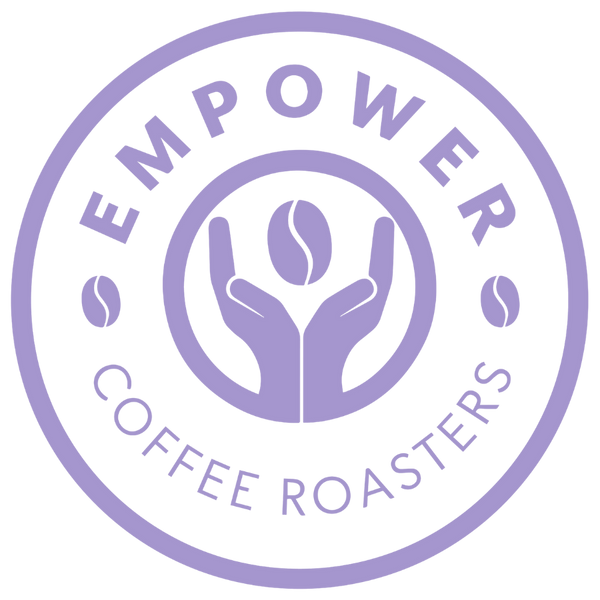
Direct Trade Coffee: What is it and Why Don't We Offer It (Yet)
Share

If you’ve been around specialty coffee enough, you undoubtedly have heard the term “direct trade.” It’s a buzzy term that is thrown around the industry along with “fair trade” and “certified organic” with the implication of higher-quality, more ethical coffee. But is that true? What exactly is “direct trade” coffee, and does it matter?
Direct trade in the most basic terms simply means when a coffee roaster buys their green coffee directly from the farm of origin, rather than going through middlemen like coffee importers. One particular benefit of direct trade is being able to form a personal relationship with the farmers, theoretically allowing for more transparency, collaboration and quality. A direct relationship between the roaster and the farmer ensures that both are investing in and committing to each other. If there are issues, the direct communication allows for them to be resolved quickly and efficiently. Roasters can also work with their farms to innovate and improve the coffee. Additionally, the roaster can more easily trace their coffee, know exactly how its being grown and processed.
If direct trade is so amazing, why don’t we at Empower Coffee engage in such a relationship?
There are numerous reasons why we currently do not offer “direct trade” coffee, but the largest factor for us is cost. There are significant financial and labor costs involved in flying to these farms, consistently sampling coffee, and then handling logistics to import it to our shop. We need to personally figure out shipping, customs and tariff issues and anything else that could go wrong. Furthermore, when you have a direct trade relationship, you are generally locking yourself to that farmer. If they have a bad crop that you are committed to purchasing, this can sink your roastery. At our stage as a business, we cannot take on such a risk.
More importantly, there is no evidence direct trade coffee is inherently better for the customer. Our coffee importers do an amazing job of sourcing tremendous coffees from around the world. They have teams of experts who constantly cup coffees to ensure only the best lots are making it to their warehouse and eventually our roastery for cupping. Going through an importer has no negative impact on the quality of the coffee we sell; in fact, it ensures that quality remains consistently high because we do not lock ourselves into one farm that could have a poor crop yield. It’s not that direct trade means worse coffee; rather the term does not automatically mean better.
Direct trade also does not always mean “ethical trade.” There are countless stories of farms getting taken advantage of by roasters, farms with direct relationships exploiting their workers and even farms that do not handle the process on their own, but instead have other companies involved to pick or process the coffee. Thus, roasters are not actually directly engaged in every step of the process.
These problems are present with coffee importers, as well, which is why we diligently research who we work with to ensure they are behaving ethically towards the farms. We work closely with coffee importers who are committed to paying premium prices to the farms for their coffee. We believe strongly in a coffee supply chain that is fair from farm to cup. Empower also partners with coffee importers who specifically promote women-owned farms and co-ops.
With all that said, at some point in the future we absolutely plan on engaging directly with some of our farms. They are doing amazing work in their communities, and we are committed to supporting them and building long-lasting relationships. But until that time, we are confident that the coffee we are providing is of the highest quality, sustainable, and ethically grown.
